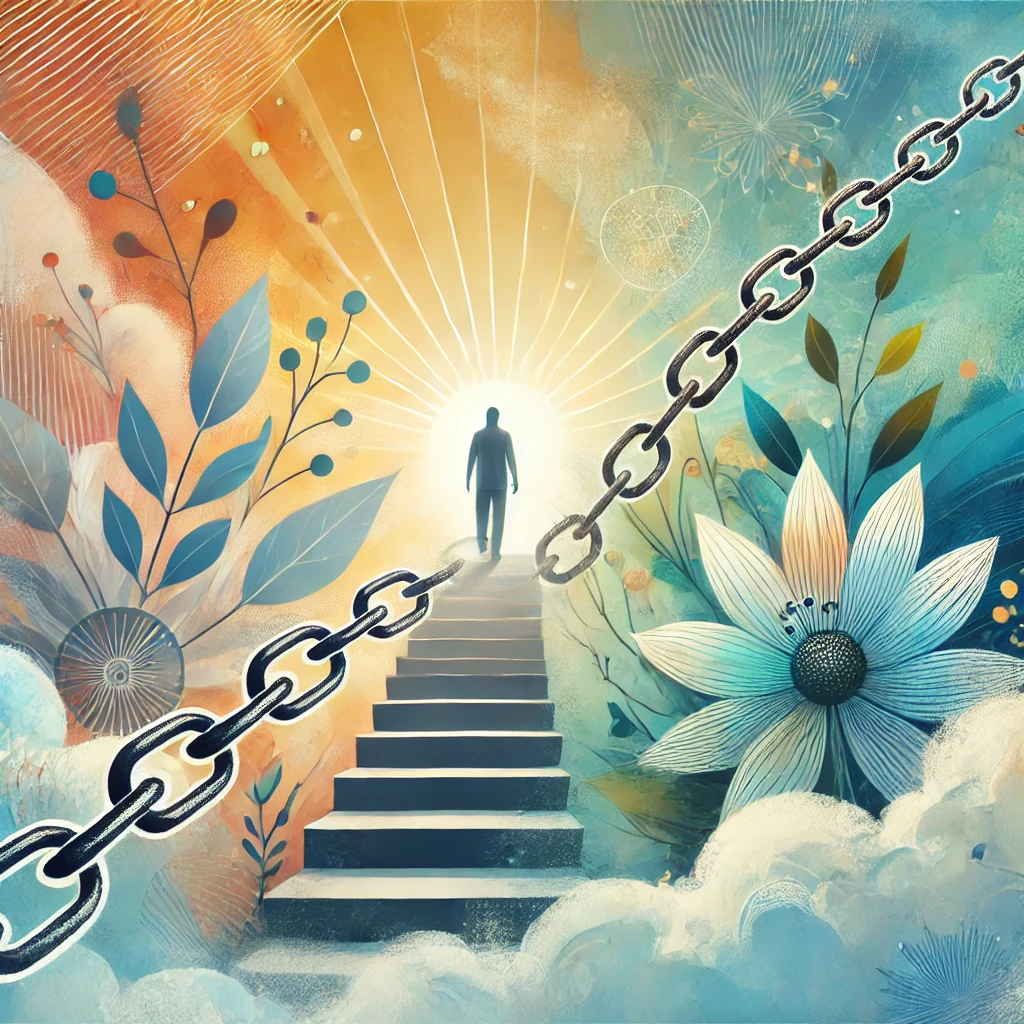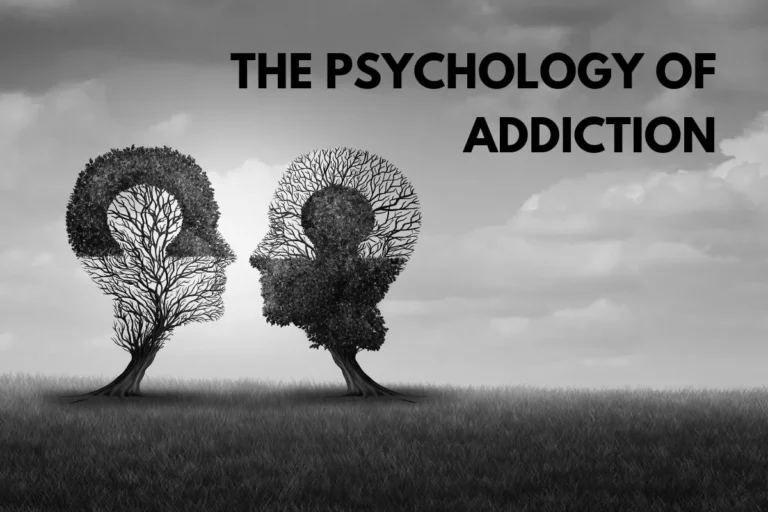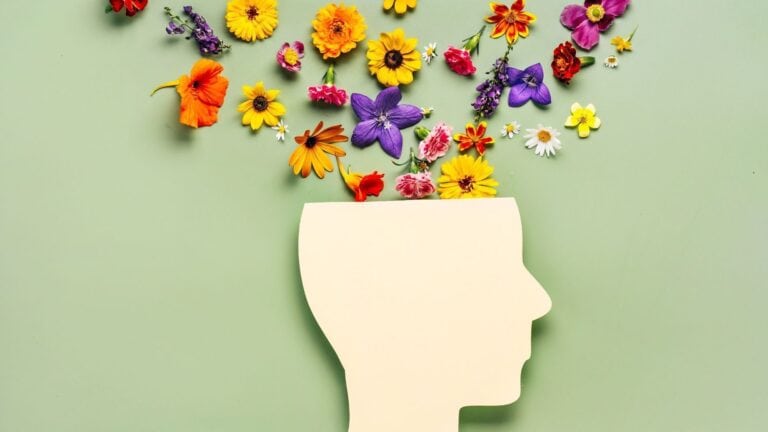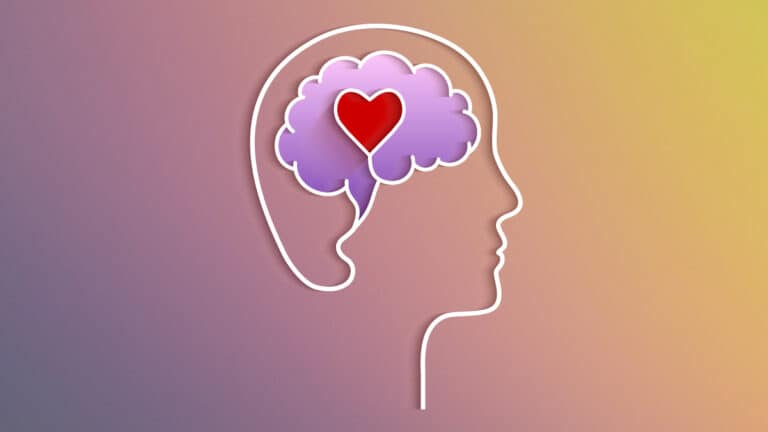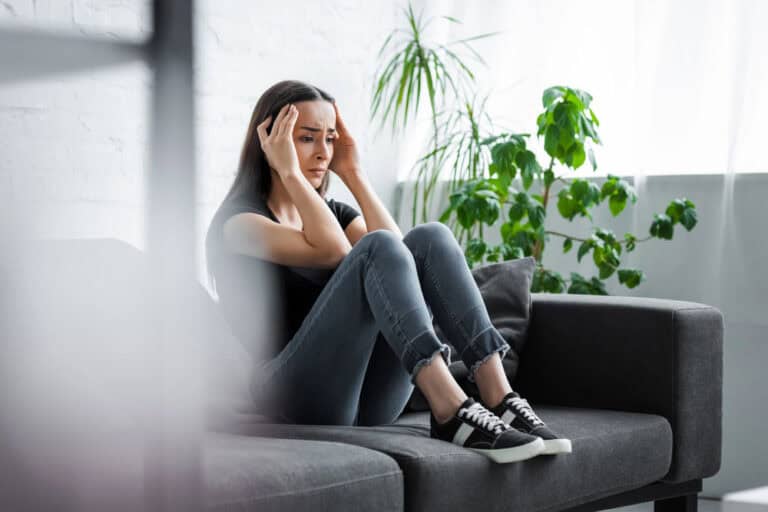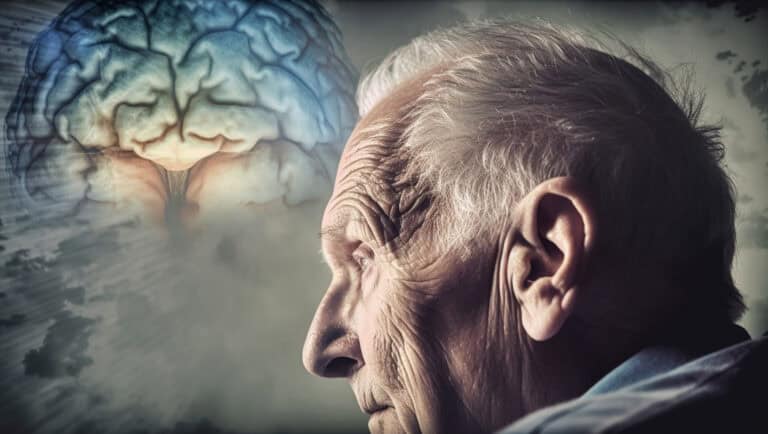A Complete Guide to Alcohol Rehabilitation: Understanding, Overcoming, and Thriving
1. Introduction
What is Alcohol Addiction?
Alcohol addiction, also known as alcohol use disorder (AUD), is a chronic condition characterized by an inability to control drinking despite negative consequences. It involves both physical dependence and emotional reliance on alcohol. According to the World Health Organization, harmful alcohol consumption leads to 3 million deaths annually, with millions more affected by health, social, and economic consequences.
Why Write This Guide?
This guide is for anyone touched by alcohol addiction—whether you’re struggling yourself or supporting a loved one. At Samyak Rehabilitation Center, we believe that with the right information and support, recovery is possible. This eBook aims to educate, inspire, and provide practical steps toward a healthier, alcohol-free life.
2. Understanding Alcohol Addiction
The Science Behind Alcohol Dependence
When alcohol is consumed, it affects the brain’s reward system by releasing dopamine, creating feelings of pleasure. Over time, the brain adjusts, requiring more alcohol to achieve the same effect. This leads to dependence, where stopping alcohol consumption causes withdrawal symptoms such as tremors, anxiety, or nausea.
Causes and Risk Factors
- Genetic Predisposition: Studies suggest a strong genetic link in the development of AUD.
- Environmental and Social Influences: Peer pressure, stress, and easy availability of alcohol play significant roles.
- Mental Health: Conditions like depression or anxiety can make individuals more vulnerable to addiction, creating a vicious cycle.
Signs and Symptoms
- Behavioral: Drinking alone, neglecting responsibilities, or hiding alcohol.
- Physical: Weight loss, tremors, or frequent illness.
- Emotional: Mood swings, irritability, and increased anxiety or depression.
3. The Impact of Alcohol Addiction
On the Individual
Long-term alcohol abuse can damage nearly every organ, leading to liver diseases like cirrhosis, cardiovascular problems, and neurological damage. It also increases the risk of mental health disorders such as depression and suicidal ideation.
On Families and Relationships
Families often bear the brunt of addiction. Loved ones may experience emotional stress, financial strain, or even abuse. Codependency, where family members enable the addiction to maintain stability, is a common issue.
On Society
Alcohol addiction contributes to workplace absenteeism, accidents, and crime, costing economies billions annually. Social stigma often prevents individuals from seeking help, perpetuating the cycle of addiction.
4. Seeking Help: The First Step
Acknowledging the Problem
Admitting there’s a problem is the hardest yet most crucial step. Often, it takes a life-altering event or intervention from loved ones to break through denial.
How to Choose a Rehabilitation Center
When selecting a rehabilitation center, consider:
- Accreditation and licensing
- Personalized care plans
- Availability of medical and psychological support
- Post-rehabilitation care and support
5. Alcohol Rehabilitation Process
Initial Assessment and Diagnosis
The journey begins with a thorough assessment by healthcare professionals to evaluate the severity of addiction, underlying mental health issues, and physical health status.
Detoxification (Detox)
Detox is the process of clearing alcohol from the body, typically lasting 5-10 days. This phase is crucial and should always be done under medical supervision to manage withdrawal symptoms safely.
Therapeutic Approaches
- Counseling and Psychotherapy:
- Cognitive Behavioral Therapy (CBT) helps patients recognize and change negative thought patterns.
- Motivational Interviewing (MI) empowers individuals to find their reasons for change.
- Group Therapy and Support Groups: Groups like Alcoholics Anonymous (AA) offer a sense of community and shared experience.
Holistic and Alternative Therapies
Rehabilitation often incorporates therapies like meditation, yoga, and art therapy to promote mental well-being and creativity.
Role of Medication
Certain medications like naltrexone or acamprosate help reduce cravings, while antidepressants manage co-occurring mental health conditions.
6. Life After Rehabilitation
Relapse Prevention Strategies
- Building a robust support network of friends, family, and professionals.
- Identifying and avoiding triggers, such as stressful environments or social gatherings involving alcohol.
- Adopting healthy habits like regular exercise, balanced nutrition, and sufficient sleep.
Continuing Care and Support
- Outpatient Programs: Regular check-ins with therapists and counselors.
- Community Support Groups: Groups like AA or SMART Recovery provide ongoing support and accountability.
Rebuilding Relationships and Career
Family therapy can mend broken relationships, while vocational training programs assist in career rebuilding.
7. Stories of Hope
Real-life Success Stories
One of our clients, Arjun, struggled with alcohol for over a decade. After joining Samyak Rehabilitation Center, he underwent therapy, learned coping mechanisms, and reconnected with his family. Today, he is three years sober and runs his own small business.
Similarly, Meera, a mother of two, overcame her addiction with the support of her family and the comprehensive care at Samyak. She now volunteers to help others battling addiction.
8. Resources and Tools
Helpful Contacts
- Alcoholics Anonymous India: www.aainindia.org
- National Helpline for Substance Abuse: 1800-11-0031
Self-help Exercises
- Journaling Prompts: Reflect on your triggers, achievements, and hopes.
- Coping Strategies for Cravings: Practice deep breathing or engage in a hobby to distract yourself.
9. About Samyak Rehabilitation Center
Our Philosophy and Approach
At Samyak Rehabilitation Center, we believe in treating addiction as a holistic challenge. Our programs are tailored to address not just the physical aspects of addiction but also the emotional and social dimensions.
Why Choose Us?
- Personalized care plans
- Experienced and compassionate staff
- A supportive environment that fosters healing
Contact Us
Reach out to us at Samyak Rehabilitation Center, Pune or call us at +91-982316-1661
10. Conclusion
Key Takeaways
Alcohol addiction is a complex but treatable condition. By understanding the causes, impacts, and solutions, individuals can take the first step toward recovery.
Encouragement for Taking Action
Recovery is not a linear journey, but it is one worth pursuing. Every small step forward counts.
Final Words of Hope
Remember, you are not alone. With the right support and determination, a brighter, healthier future is within reach.

